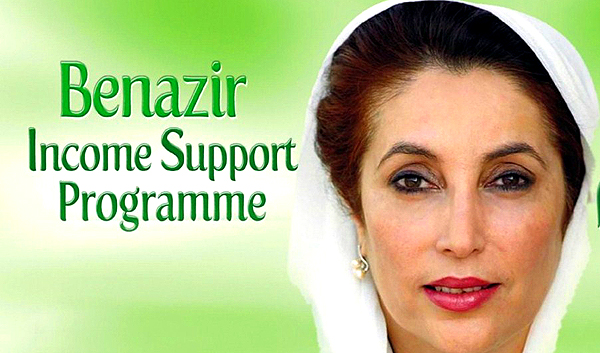The Benazir Income Support Program (BISP) has become synonymous with hope for millions of Pakistanis struggling against poverty. More than just a cash transfer program, BISP represents a comprehensive approach to social protection, aiming to empower women, improve education, and ultimately break the cycle of poverty.
As Pakistan faces economic challenges and aims for inclusive growth, BISP remains a vital support for its most vulnerable citizens.
From Crisis Response to Long-Term Vision:
Born in 2008 amidst a global financial crisis and rising food prices, BISP initially focused on providing immediate relief to families facing economic hardship. Over the years, it has evolved into a multifaceted program with a long-term vision.
Today, BISP is a cornerstone of Pakistan’s social safety net, reaching millions of beneficiaries nationwide.
Empowering Women, Transforming Lives:
One of BISP’s most impactful features is its focus on women. By targeting women as the primary recipients of cash transfers, the program recognizes their central role in household welfare and decision-making. This approach has proven transformative, empowering women with financial independence and a greater voice in their families and communities.
Education as a Pathway to Progress:
BISP goes beyond providing financial aid; it actively promotes human capital development, particularly through education. The Waseela-e-Taleem initiative incentivizes families to send their children, especially girls, to school by linking cash transfers to school attendance. This strategy has yielded significant results, increasing enrollment rates and paving the way for a more educated and empowered future generation.
Key Programs and Initiatives:
BISP’s impact is felt through a diverse range of programs:
- Unconditional Cash Transfers (UCTs):** This core program offers regular cash payments to eligible families, helping them meet basic needs, cope with economic shocks, and invest in their overall well-being.
- Waseela-e-Taleem: This conditional cash transfer program encourages school enrollment by providing financial assistance linked to attendance, with a particular focus on girls’ education.
- Benazir Kafalat: This poverty graduation program aims to lift the most vulnerable households out of poverty through cash transfers, skills training, and asset transfers, enabling them to build sustainable livelihoods.
- Benazir Nashonuma: This program addresses maternal and child health by providing nutritional supplements and conditional cash transfers to pregnant and lactating women, promoting healthy development and reducing malnutrition.
Impact and Achievements:
BISP’s achievements are noteworthy:
- Extensive Reach: BISP has reached millions of beneficiaries across Pakistan, providing a critical safety net for those most in need.
- Women’s Empowerment: By empowering women with financial resources and decision-making power, BISP has contributed to greater gender equality and social inclusion.
- Educational Progress: Waseela-e-Taleem has significantly increased school enrollment, particularly among girls, laying the foundation for a brighter future.
- Health Improvements: Benazir Nashonuma has been crucial in improving maternal and child health outcomes.
Navigating Challenges, Charting the Future:
Despite its successes, BISP faces ongoing challenges:
- Targeting Accuracy: Ensuring that the program effectively targets the most deserving beneficiaries and avoids exclusion errors remains a priority.
- Financial Sustainability: Securing adequate and sustainable funding to maintain and expand the program’s reach is crucial.
- Program Effectiveness: Continuous monitoring and evaluation are essential to assess the program’s impact and make necessary adjustments to maximize its effectiveness.
Looking Ahead:
BISP is committed to continuous improvement and expansion. Future priorities include:
- Wider Coverage: Reaching more vulnerable populations, including those in remote and marginalized communities.
- Enhanced Targeting: Utilizing technology and data analysis to improve beneficiary identification and reduce errors.
- Graduation Programs: Expanding poverty graduation initiatives to help families achieve self-sufficiency.
- Financial Inclusion: Linking beneficiaries with financial services to promote savings and economic empowerment.
A Beacon of Hope:
The Benazir Income Support Programme stands as a symbol of hope and resilience for millions of Pakistanis. By providing a safety net, empowering women, and investing in human capital, BISP is contributing to a more just and equitable society.
As Pakistan faces the challenges of the 21st century, BISP remains a vital instrument in the fight against poverty and a testament to the nation’s commitment to its most vulnerable citizens.

